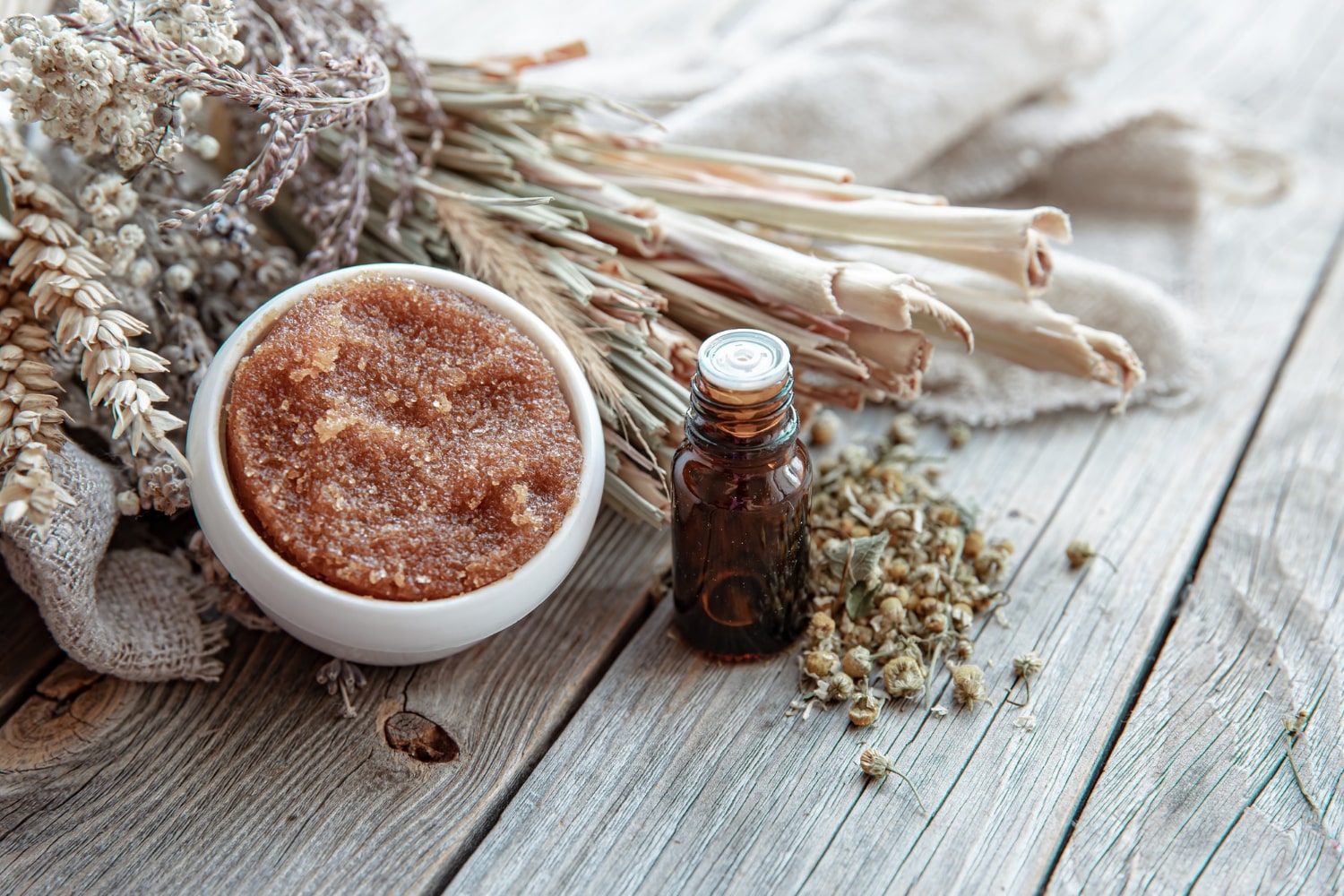Hearing aid alternative supplements are gaining momentum, and for good reason. If you’re one of the many who struggle with hearing challenges, you know the importance of maintaining your auditory health. Supplementing your diet with natural alternatives can be a game-changer, helping to support your hearing and overall wellness.
Understanding hearing loss isn’t just about the physical challenges; it’s about the emotional toll it can take on your life. You want to stay connected to your loved ones, enjoy music, and participate in conversations without straining to hear. That’s why exploring hearing aid alternative supplements is not just a trend; it’s a vital step toward reclaiming your auditory experiences.
Let’s dive into seven powerhouse supplements that can support your hearing health and enhance your quality of life.
Contents
1. Ginkgo Biloba
Ginkgo biloba has been used for centuries in traditional medicine, and it’s not just a relic of the past. This natural supplement is known for improving blood circulation, which is crucial for maintaining the health of your auditory system.
Why it works:
- Increased Blood Flow: It enhances circulation to the ears, potentially improving hearing function.
- Antioxidant Properties: Ginkgo is packed with antioxidants that may help protect your hearing from oxidative stress.
Try incorporating Ginkgo biloba into your daily routine, but consult with your healthcare provider first, especially if you’re on medications that affect blood clotting.
2. Omega-3 Fatty Acids
You might know Omega-3s for their heart health benefits, but their role in hearing health is equally impressive. Found in fatty fish like salmon and walnuts, these essential fats help reduce inflammation and promote overall brain health—an often-overlooked aspect of auditory function.
Benefits include:
- Cognitive Support: Healthy brain function can enhance your auditory processing.
- Reduced Inflammation: This can lead to improved ear health and function.
Consider adding Omega-3-rich foods to your diet or opting for high-quality fish oil supplements.
3. Zinc
Zinc is more than just a cold remedy; it plays a crucial role in maintaining auditory health. This mineral is vital for cellular repair and growth, making it essential for your ears.
Key benefits:
- Immune Support: A strong immune system can help ward off infections that affect hearing.
- Tinnitus Relief: Some studies suggest that zinc supplements may help reduce the severity of tinnitus.
Food sources include meat, shellfish, legumes, and seeds. If you’re considering supplements, aim for a zinc gluconate or zinc citrate form for better absorption.
4. Vitamin D
Did you know that Vitamin D deficiency is linked to hearing loss? This vital nutrient supports bone health and may protect against age-related hearing decline.
Why you need it:
- Bone Health: Healthy bones in the ear contribute to better hearing.
- Immune Function: It bolsters your immune system, helping to fend off ear infections.
Spend some time in the sun or consider a Vitamin D supplement, especially in winter months when sunlight is scarce.
5. Magnesium
Magnesium is a hidden gem when it comes to hearing health. Studies have indicated that magnesium can protect against noise-induced hearing loss and improve overall auditory function.
How it helps:
- Protective Role: It helps stabilize the cells in your inner ear and may prevent damage.
- Stress Relief: Managing stress can reduce tension, which often exacerbates hearing difficulties.
Include magnesium-rich foods like leafy greens, nuts, and whole grains in your diet or consider a supplement.
6. N-acetylcysteine (NAC)
NAC is a powerful antioxidant that has shown promise in protecting against hearing loss, especially from loud noises. It helps replenish glutathione, a potent antioxidant in your body.
Benefits of NAC:
- Hearing Protection: It may prevent damage from loud sounds.
- Detoxification: Supports overall cellular health, which is essential for maintaining auditory function.
Speak to your doctor about the appropriate dosage if you decide to go this route.
7. B Vitamins
B vitamins, especially B12 and B9 (folate), are critical for nerve health. They can help keep your auditory pathways functioning optimally.
Why they matter:
- Nerve Health: B vitamins help maintain healthy nerve cells, which are vital for hearing.
- Energy Production: They support overall energy levels, helping you stay active and engaged.
Incorporate whole grains, meat, eggs, and leafy greens into your meals, or consider a B-complex supplement.
Bottom Line
Exploring hearing aid alternative supplements can empower you to take charge of your auditory health. From Ginkgo biloba to B vitamins, these natural options offer a holistic approach to enhancing your hearing. Remember, supplements should complement a balanced diet and healthy lifestyle, not replace them.
Always consult with your healthcare provider before beginning any new supplement regimen, especially if you have existing health conditions or are taking medications.
Ready to take the next step? Start incorporating these supplements into your daily routine and feel the difference in your hearing health. You deserve to enjoy every sound life has to offer.
FAQs
1. Are supplements effective for hearing loss?
While they may not replace hearing aids, certain supplements can support auditory health and possibly mitigate further loss.
2. How long does it take to see results from supplements?
Results can vary; some may notice improvements in weeks, while others might take months. Consistency is key.
3. Can I take multiple supplements together?
Generally, yes, but consult your healthcare provider to avoid interactions and ensure you’re taking appropriate dosages.
Embrace the journey to better hearing with these natural alternatives. Your ears—and your life—will thank you!








